Population and Social Characteristics
These States Have The Fewest People Attending Church

Published:

Religious attendance and religiosity in general have been dropping in the United States for years. From the year 2000 to 2020 it fell by 20%, dropping, for the first time in history, to below 50%, meaning that more people do not attend church regularly than those that do.
According to the U.S. Census Bureau, around 24% of adults in America attend some kind of religious service at least 12 times per year, or around once per month. This includes members of all organized religions of which religious attendance is a common dogma.
There is plenty of discussion to be had around why this is happening and what will happen in the future, but we will look at where in the country religion has definitely become the least popular out of all the states.
Data for this list was taken from the U.S. Census Bureau Household Pulse Survey Q1, and analysis was published by Overflow Data.

In 2023, the religious affiliations in the United States were 33% Protestant, 22% Catholic, 11% other Christian denominations, 2% Jewish, 1% Mormon, 6% other religions, 22% had no religion, and 3% had no answer.
Christianity has been the largest religious group in the United States with 73.7% of citizens identifying as some type of Christian in 2016. (Of that, around 48.9% are Protestants, 23% are Catholics, 1.8% are Mormons, and the rest are other various types of denominations).
However, the overwhelming majority held by Christianity is a relatively new demographic shift. Before the first and second Great Awakenings (during the 1700s and 1800s), only 10% of Americans claimed to be Christian, which shifted to 80% after these events. Since then, evangelicals have dominated and controlled U.S. politics.
Today, the five largest Christian denominations in the United States are:
#1 The Catholic Church in the United States (71,000,000 members)
#2 Southern Baptist Convention (13,680,493 members)
#3 National Baptist Convention, USA, Inc. (8,415,100 members)
#4 The Church of Jesus Christ of Latter-day Saints (A Mormon denomination) (6,920,086 members)
#5 United Methodist Church (5,714,815 members)
It should be noted that all these numbers are self-reported by the organizations themselves.
Religion has always been an important factor in American politics, and scholars and historians credit this strongly to the constitutional guarantee of the separation of church and state and the right of freedom of religion.
However, even though Americans have traditionally been very religious people, the United States itself has always been a non-religious country.
Historians have argued with strong evidence that the Founding Fathers were neither Christians nor Deists, but belonged to a hybrid philosophy of theistic rationalism. They notably avoided talking about god or religion or their personal faiths in public.
George Washington never referred to Jesus Christ in his personal and private letters or writings, and never included his religion in his official duties or in politics. He never took communion again after the Revolutionary War.
Thomas Jefferson, the writer of the Declaration of Independence and the third president of the U.S. was notably critical of the Bible and openly rejected Biblical views of Christianity. He was strongly influenced by Deism, like other Founding Fathers, and valued reason over revelation. He compiled the Jefferson Bible which includes only the words of Jesus. When comparing the words of Jesus in the Bible to the rest of the scripture, he said they were “as easily distinguishable as diamonds in a dunghill”. He was firmly and openly opposed to priests and clerics of any kind, openly calling for them to be banned from public office and said that in “every age, the priest has been hostile to liberty […] they have perverted the purest religion ever preached to man into mystery and jargon.”
In 1797, President John Adams wrote in the Treaty of Tripoli, which was unanimously supported by the Senate that “the Government of the United States of America is not, in any sense, founded on the Christian religion.” Of this declaration, historian Frank Lambert said that “Ten years after the Constitutional Convention ended its work, the country assured the world that the United States was a secular state.”
After his presidency, James Madison argued for even stronger separation between any religion and the government. He strongly opposed the issuing of any religious proclamations by government officials and opposed the appointment of any kind of chaplain to Congress.
The official motto of the United States “In God We Trust” wasn’t established until 1956 and didn’t appear on U.S. coins until 1864.
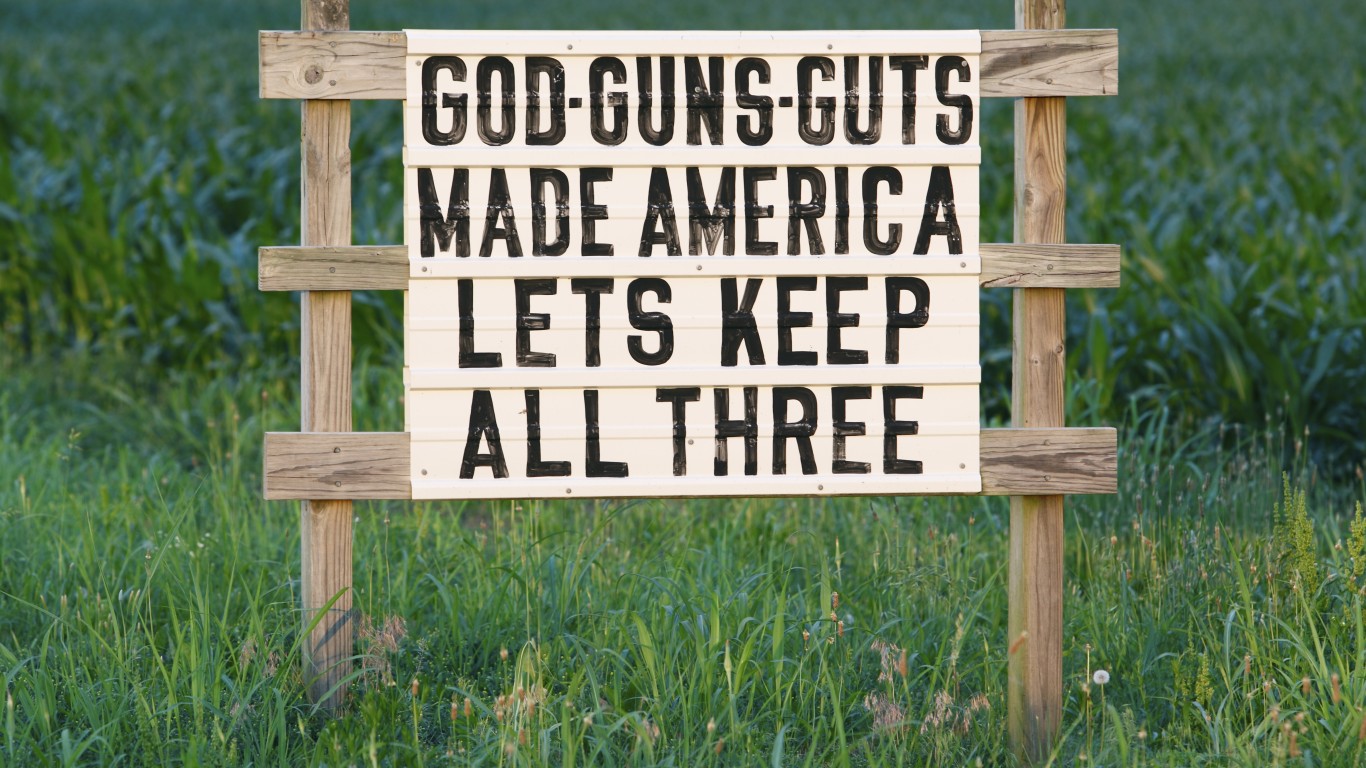
The modern trend of people claiming no religion began in the 1990s, with younger people being more likely to reject religion and more people in general not going to church. There have been many explanations for this development, including the backlash against financial scandals and sexual abuse in established churches, a lack of trust in religious figures to act in line with their faith, a strong backlash against the militant religious right, and more.
Higher levels of orthodox religious attendance correlate strongly with poverty, under-education lower educated people, xenophobia, and nationalism.
In 2020, around 28% of all American citizens said they were not affiliated with any religion. One of the main benefits of organized religion, according to social scientists, is a sense of community. As a result, those who do not find their community inside a church have found it elsewhere, including in their neighborhoods, spiritual groups, hobbies, or other places.
According to a Pew Research study, there are stark differences in moral, ethical, political, and social values held by those who attend church every week and those who never attend (regardless of religious affiliation).
Those who attend weekly are more likely to believe that government aid for the poor does more harm than good (49%) than those who never attend (39%).
Those who attend weekly are more likely to believe that abortion should be illegal in all cases (63%) than those who never attend (24%).
Those who attend weekly are more likely to believe homosexuality should be discouraged (51%) than those who never attend (16%).
Those who attend weekly are more likely to oppose same-sex marriage (62%) than those who never attend (21%).
Those who attend weekly are more likely to oppose environmental regulation (44%) than those who never attend (31%).
Those who attend weekly are more likely to let their religion tell them what is right and wrong (61%) than those who never attend (10%).

Hawaii is one of the most religiously diverse states in the country, with around 10% of citizens being non-Christian and between 25%-50% being nonreligious in general. The second-largest religion is Buddhism. Colonial powers, missionaries, and military forces often required conversion to Christianity as part of treaties of agreements.

In 2014, around 60% of the people in New York are Christian with the second-biggest group being non-religious at 27%. It is home to the oldest Zoroastrian fire temple in the country. Of the population, 33% identify as Catholic, the largest religious denomination in the state.
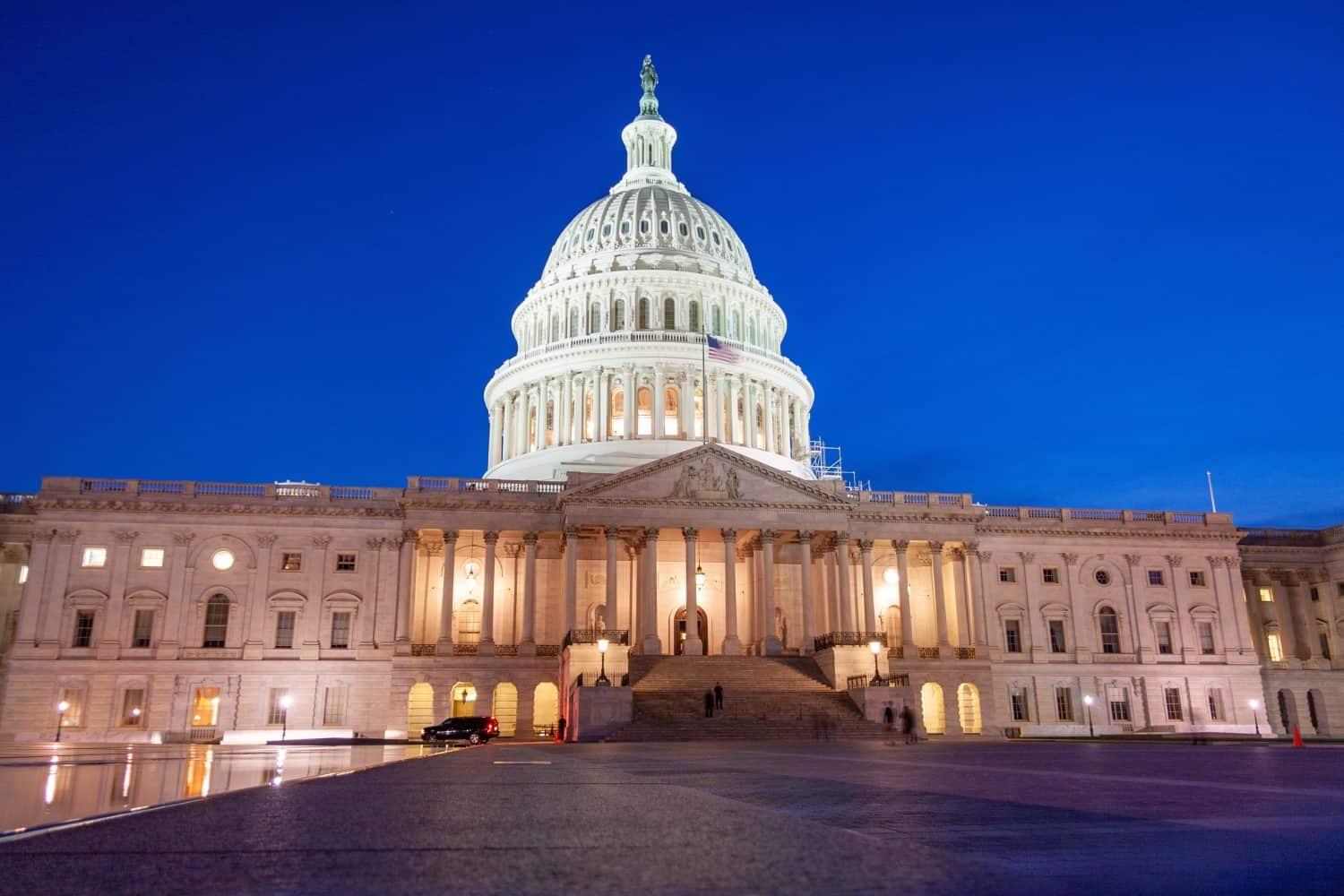
Only around 56% of the population of Washington D.C. belong to some kind of organized religion. The largest are Evangelical Protestantism at 15%, Catholicism at 12%, and Black Protestantism at 10%. It is also home to many of the largest buildings constructed by the largest religious denominations in the United States, this includes the largest Catholic church building in the U.S., the largest mosque in the Western Hemisphere when it was constructed, and the tallest Mormon temple in the world.

In 2020, around 67% of the population of Rhode Island identifies as Christian, and it has the highest proportion of Catholics of any of the other states. It is home to the oldest synagogue in the country. In 2022, around 24% of the citizens of Rhode Island said they were religiously unaffiliated.

In 2022, around 43% of the population of Washington identified as unaffiliated with any religion, followed by Protestantism at 33% and Catholicism at 13%. Washington is home to the largest Wiccan church in the United States, the Aquarian Tabernacle Church. Like most states on the West Coast, it has a higher percentage of “non-religious” people than most other states.

In 2009, Oregon tied with Vermont in a Gallup poll for the least religious state in the country, yet 69% of the population still identify as Christian. The largest religious groups in 2022 are now unaffiliated at 42%, Protestant at 35%, and Catholicism at 14%. Oregon is home to the largest Russian Old Believers group in the United States.
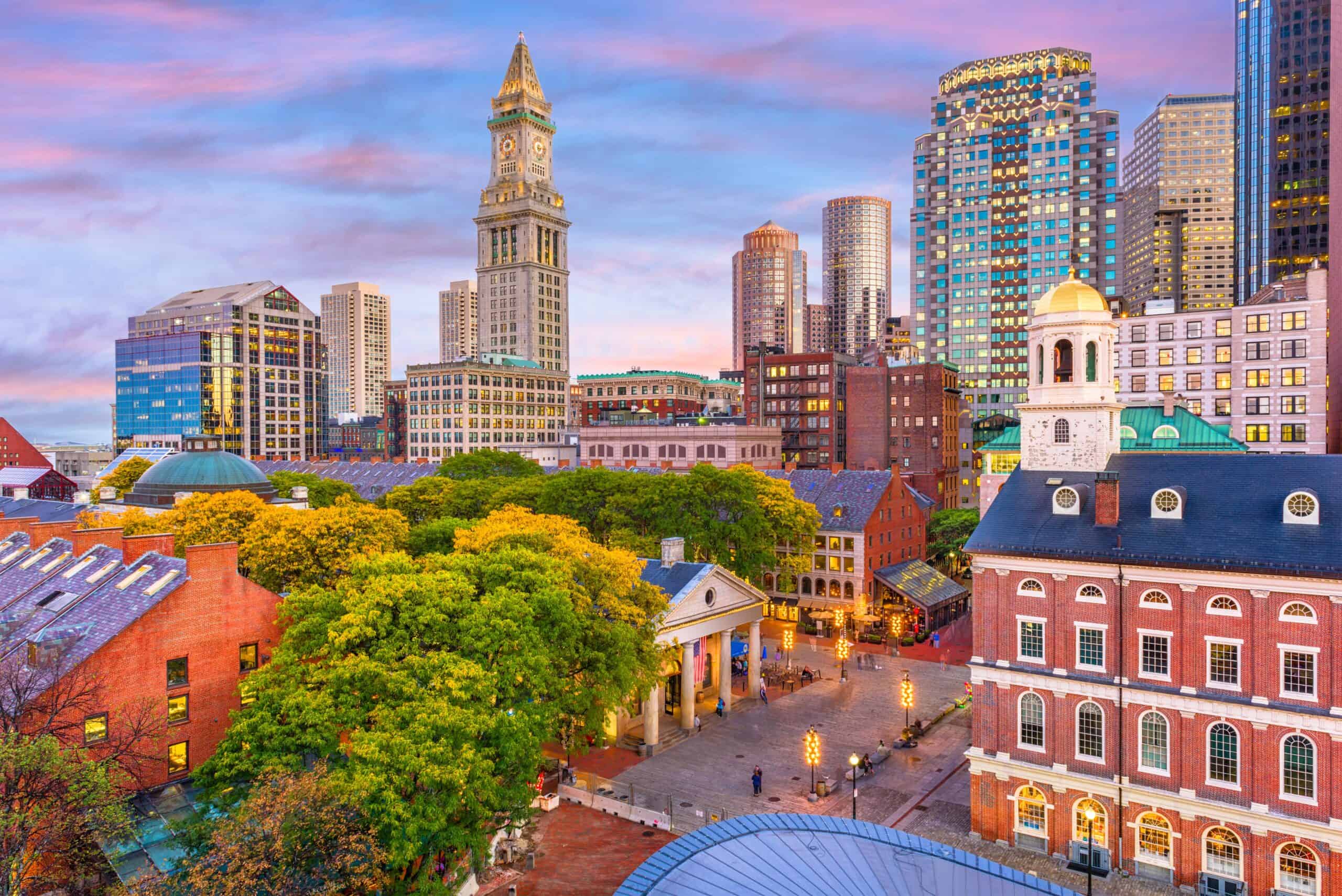
According to a 2014 Pew study, Massachusetts is one of the most irreligious states in the country, with the largest groups being unaffiliated at 34%, Catholicism at 34%, and Protestantism at 22%. Boston is the headquarters for the Christian Science movement, and Salem is the headquarters for The Satanic Temple.
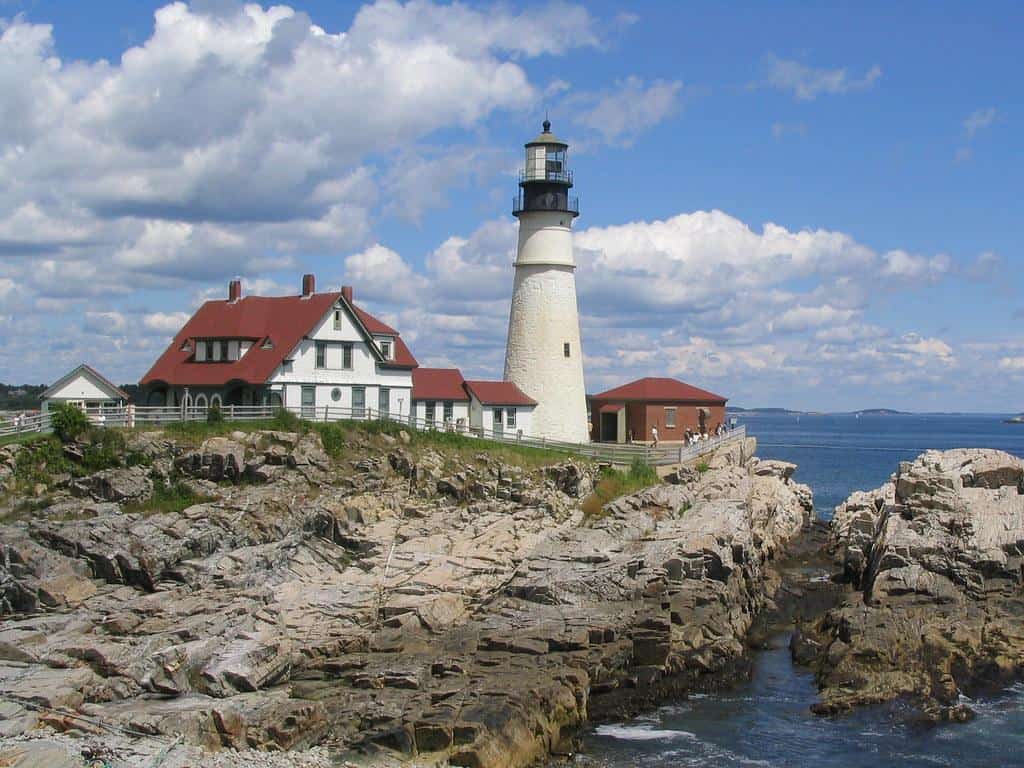
In 2022, citizens of Maine mostly identify as Protestant at 41%, Unaffiliated at 30%, and Catholic at 21%. Christianity remains the largest religious group at 63%.

In 2021, around 40% of the population identified as unaffiliated, 30% identified as Catholic, and 23% identified as Protestant. However, in 2012, around 52% of the population identified as “non-religious”. New Hampshire ranked as the least religious state in the United States in 2016.
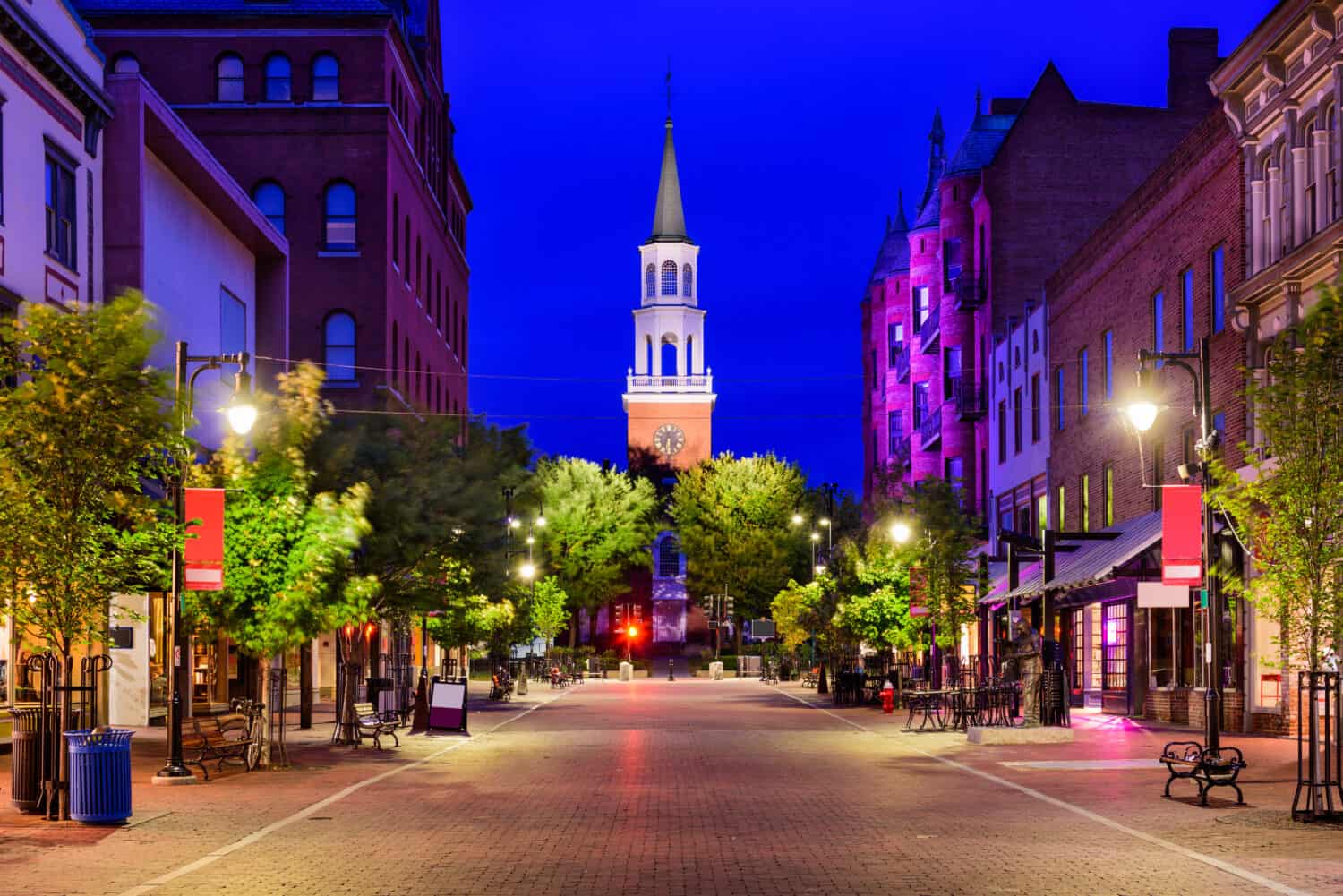
In 2022, 48% of people identified as unaffiliated, 21% were Catholic, and 19% were Protestant. Vermont consistently ranks among the more irreligious states in the country with only 45% of the population identifying as Christian. Around 47% of the state attends religious services seldom or never throughout the year.
In 2005 and 2006, Vermont was determined to be the smartest state in the country by the Burlington Free Press and ranks second in the country for high school graduation rates. Rules that eliminate smaller political parties in other states don’t exist in Vermont, allowing smaller political parties to thrive. Vermont is a pro-sanctuary city state, legalized cannabis, and was the first state to call for a constitutional convention to overturn Citizens United.
Are you ready for retirement? Planning for retirement can be overwhelming, that’s why it could be a good idea to speak to a fiduciary financial advisor about your goals today.
Start by taking this retirement quiz right here from SmartAsset that will match you with up to 3 financial advisors that serve your area and beyond in 5 minutes. Smart Asset is now matching over 50,000 people a month.
Click here now to get started.
Thank you for reading! Have some feedback for us?
Contact the 24/7 Wall St. editorial team.